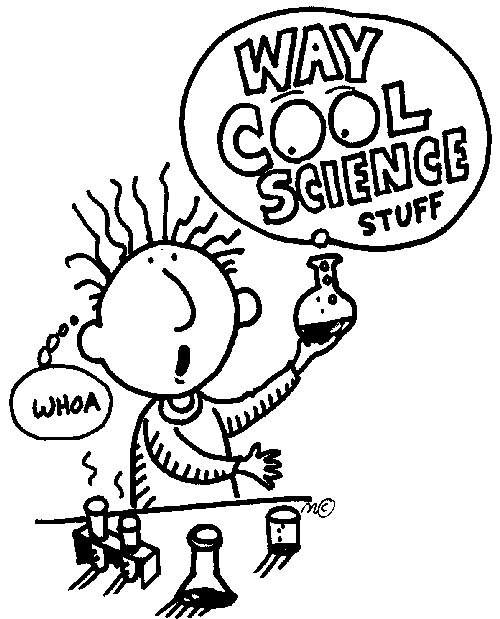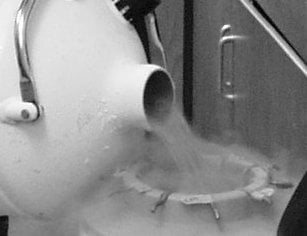Recently, in an entry dealing with the Chinese space program, we touched on the need to support science instruction in schools. We wrote about the ways in which curriculum instruction is supported by a visit from a portable planetarium such as our Sky Dome. Today we would like to continue the same theme but in a different area.
 Chemistry is the basis of just about everything. You cannot get around that fact. Kids need to learn the basics of chemistry, and it is entrenched in the state curriculum guidelines of every state we have visited. But teachers are often ham strung in class by a lack of time or resources with which to accomplish the really cool activities that get kids really excited. So it is a great relief that science assemblies are available that fill this need.
Chemistry is the basis of just about everything. You cannot get around that fact. Kids need to learn the basics of chemistry, and it is entrenched in the state curriculum guidelines of every state we have visited. But teachers are often ham strung in class by a lack of time or resources with which to accomplish the really cool activities that get kids really excited. So it is a great relief that science assemblies are available that fill this need.
Kids (of all ages) love fire and explosions. We all love watching fireworks, or witnessing grand demonstrations of pyrotechnics in films. But it is hard within the space confines of a classroom and the time constraints of a class period to accomplish much in this area. And yet, these are the very demonstrations most likely to fill kids with that giddy wonder that will keep them focused through a lengthy explanation. These kind of demonstrations (with all the requisite safety constraints firmly in place, of course!) are perfectly adapted to the realm of science assemblies.
Liquid nitrogen is super cold and has the amazing ability to instantly freeze many items. Playing with this stuff in front of kids will hold their attention like nothing else. Most schools do not have the financial resources to own a Dewar flask, necessary to hold liquid nitrogen at pressure. Nor are they able to maintain a supply on hand, as it tends to evaporate in short order. Again, this area is perfectly suited to school assemblies, and is always a huge hit when demonstrated in a school show.
And the chemistry assembly format is also perfect for a host of other demonstrations, from the creation of poly foam to the mixing up of a jolly batch of slime, all of which have students positively giddy with excitement.
And that is the key, isn’t it? To get them excited and having fun with something they previously thought was boring. Yes, science assemblies do teach scientific method, and they do cover curriculum areas of science and reinforce teaching goals, but more important than any of that they get kids into this subject. Science assemblies are like a key to unlock kids minds and open them up to what the teachers are trying to teach. How cool is that?
Now be advised, whenever a good idea comes along, copycats appear with watered down versions. Before rushing out to schedule just any “science” assembly, keep in mind that there are two kinds, real and phony. The real science assemblies start with real science concepts and experiments and then proceed to add effects and demonstrations that will make the show entertaining. More and more, though, in the past few years, entertainers (mostly magicians) have taken to promoting what they do as “science” when in reality they are simply demonstrating old magic tricks and then explaining how they work. While entertaining, these “magic shows in drag” are a pale substitute for a real science assembly where there is just as much entertainment, but also an entire world of real science.
Geoff Beauchamp is the Regional Manager of Mobile Ed Productions where "Education Through Entertainment" has been the guiding principal since 1979. Mobile Ed Productions produces and markets quality educational school assembly programs in the fields of science, history, writing, astronomy, natural science, mathematics, character issues and a variety of other curriculum based areas. In addition, Mr. Beauchamp is a professional actor with 30 years of experience in film, television and on stage. He created and still performs occasionally in Mobile Ed's THE LIVING LINCOLN.






